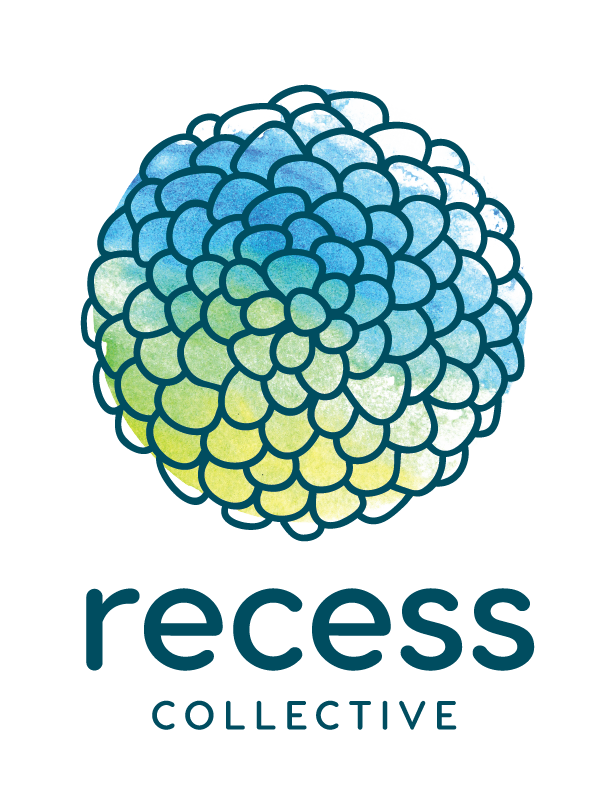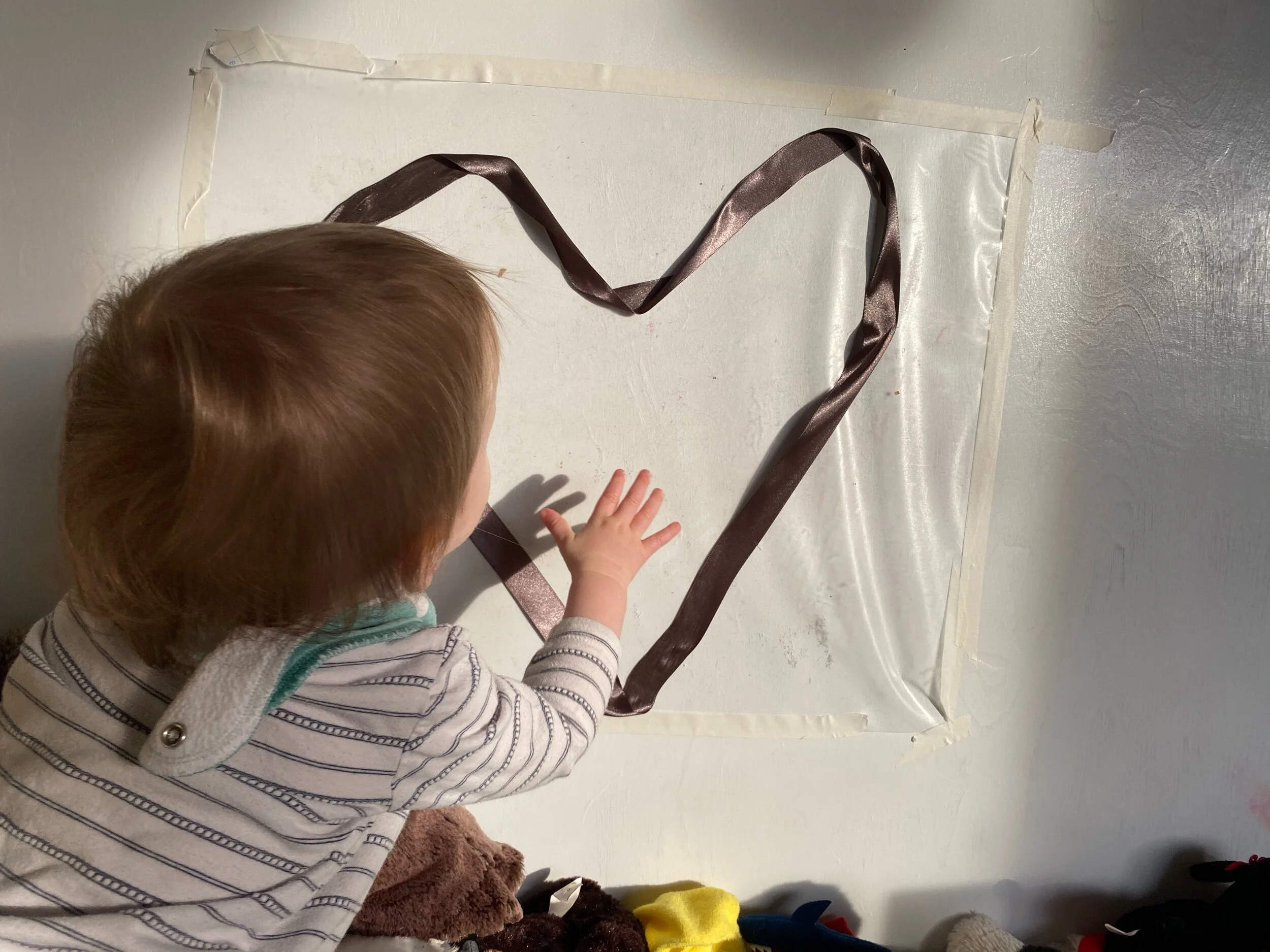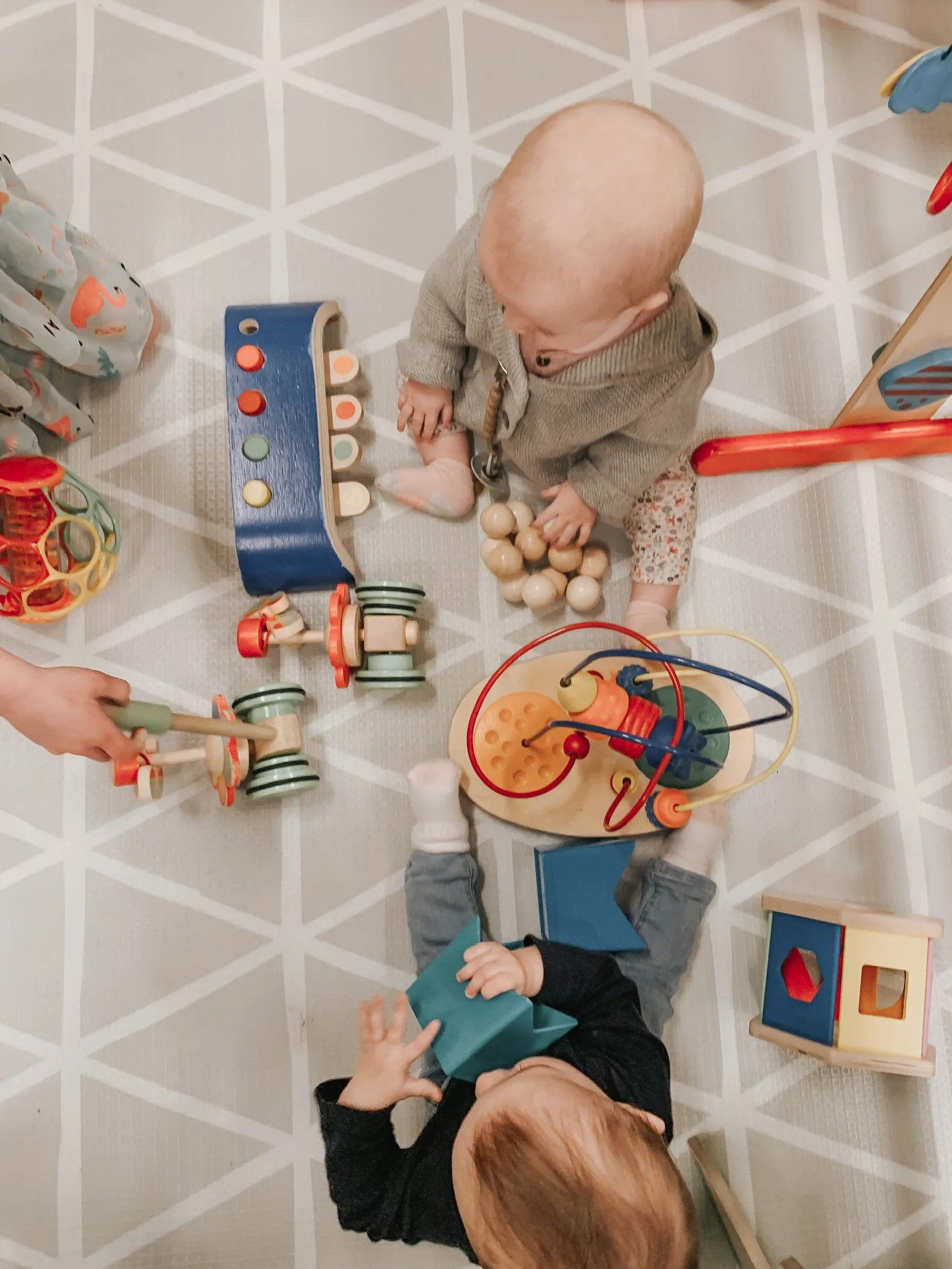Now that June is here and Mother's Day is over... the massage coupons have been used, the flowers have wilted, and the pedicure looks like it needs a touch-up, how do we keep this concept of self-care going throughout the year?
The other day, a friend texted me that she had just had surgery on her shoulder and was now spending the day in bed for the first time in 10 years. She told me this felt like the first day she truly “had off” since she had become a mother. I could relate to the feeling: several months ago, I had spent a day at the hospital and in some strange way, it felt like a retreat. This bothered me greatly. It seemed that everyone did survive without me that day, and it begged the question, "Why don’t I take a day off every once in a while? Why don’t I take a morning, an afternoon, anything?” I would readily hire a babysitter to go to work, to volunteer in my son’s class, even to run errands for the family, but when, if ever, did I hire a babysitter to sit in a cafe alone with my thoughts for an hour?
Self-care seems like a buzz word these days and often seems like one more thing we don’t have time for, or one more thing we are failing to accomplish. The past few years I have been trying (often desperately) to see it differently. Instead of a big hovering to-do list, I’ve been learning to see self-care as small acts of intention that we choose each day. When we make a point to extend the same care and respect we show our children and families to ourselves, we nourish ourselves. We are sending the vital message to our children that we are worth taking care of.
When we take the time to prepare a healthy meal for ourselves, instead of absently grazing as we hurry through our days, we are practicing self-care. When we make the time to care for our bodies through exercise, acupuncture, or even scheduling that dental check-up, we are practicing self-care. When we decide to take our kids on a walk through the Canyon instead of the playground they are begging for, because we know the time in nature will be more life-giving for us, we are practicing self-care. When we decide to put down our phone or computer and eat our lunch on a real plate, uninterrupted, or read a book, or go to bed early, we are practicing self-care. When we acknowledge that we can’t do it all, and we seek out support from others, we are practicing self-care.
And when we finally admit to ourselves that the “super mom” concept is as elusive as Wonder Woman herself, we are finally, I believe, heading down the road to better care of ourselves. As mothers, especially in this hectic, demanding chapter of raising young children, it can be very difficult to carve out protected time to care for ourselves. It can be helpful, then, to identify moments where we can care for ourselves in the midst of parenting. These small, ongoing moments of mindful self-care can keep us nourished year-round as we grow through this season of life.









